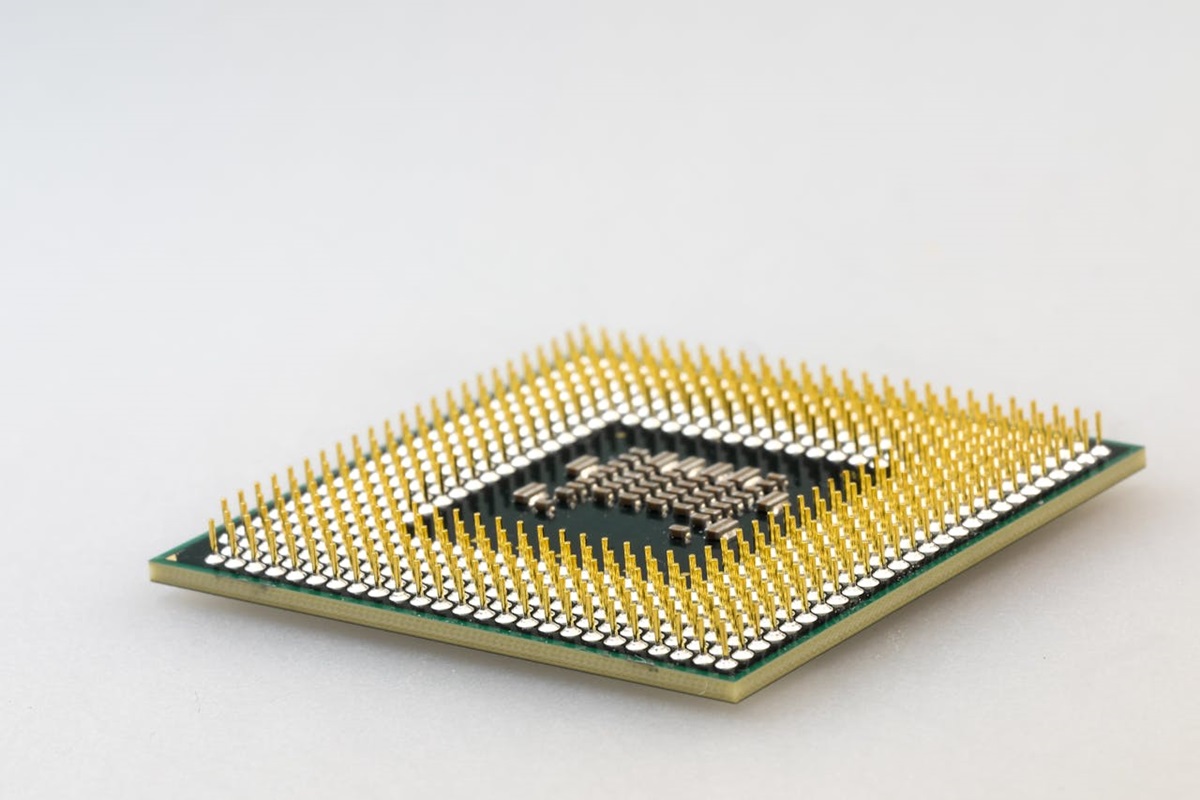SK Hynix Inc., the semiconductor unit of South Korea’s SK Group, intends to invest 103 trillion won ($74.8 billion) in the chip area by 2028.

The mentioned plan indicates that the specified conglomerate is making a strategic bet on the microcircuits manufacturing sector. It is worth noting that currently, chips are products that can be classified as goods in the zone of increased consumer interest. Nowadays, microcircuits are actively used in various types of electronics. In particular, these products are necessary for the manufacturing of smartphones and laptops. Chips are also used for training and ensuring the process of subsequent functioning of artificial intelligence systems. Against the background of these facts, such a scenario of the future for the microcircuit manufacturing area is as realistic as possible, in which the demand for products from companies involved in the corresponding sphere of activity will be consistently high in the long term. For the current configuration of technological reality, chips are what can be described as a kind of basic element.
SK Group sees the microcircuits manufacturing area as a strategically important direction to ensure the future of its business. This is a correct understanding of the most profitable prospects in the context of the strategic importance of chips within the framework of the present technological reality.
Currently, it is known that about 80% of the announced investments of the semiconductor unit of the South Korean conglomerate in the microcircuits production area will be allocated to making high-bandwidth memory chips. The relevant information is contained in the statement of SK Group, which was published last Sunday, June 30. In monetary terms, the mentioned amount is 82 trillion won. The high-bandwidth chips from the specified conglomerate are optimized for use with Nvidia Corp. artificial intelligence accelerators.
It is also currently known that as part of their bid for the machine intelligence industry, SK Telecom Co. and SK Broadband Co. are investing 3.4 trillion won in their business related to the implementation of data center construction projects.
The investment plan was approved as a strategy for the conglomerate’s actions after the chairman of the board of SK Group, Chey Tae-won, and about 20 top executives held annual strategic meetings, during which the direction of development of South Korea’s second-largest business group after Samsung was discussed. Over the past two days, these executives have held 20-hour discussions. During the mentioned meetings issues related to options and methods of reorganizing the business group were deliberated. Currently, SK Group also operates in industries such as batteries, energy, and chemicals.
In 2024, the stakes are especially high. Chey Tae-won needs to find $1 billion to settle the divorce process. Speculators spread predictions that actions would be taken to force the conglomerate to pay the ex-wife of the chairman of the board of SK Group.
During the discussions, the conglomerate’s executives decided that the business giant would strive to generate 80 trillion won by 2026 from operating activities and business overhaul. The list of goals of SK Group also includes securing free cash flow for 30 trillion won over three years. Achieving this result will allow the conglomerate to keep the debt-to-equity ratio below 100%.
Last year, SK Group lost 10 trillion won. In 2024, the conglomerate expects to make a profit of 22 trillion won before taxes. In 2026, SK Group intends to increase the mentioned figure to 40 trillion won.
It is worth noting that this year the conglomerate announced several more plans related to investment activities. SK Group will allocate $3.87 billion for the construction of a modern packaging plant and a research center for artificial intelligence products in the US state of Indiana. In South Korea, the conglomerate is investing $14.6 billion in a project to build a new memory microcircuit complex. SK Group also makes other financial investments in the domestic technology space, including in the Yongin semiconductor cluster.
It is worth noting that South Korea, where the mentioned conglomerate and Samsung are based, lags behind other countries in terms of opportunities in such areas of activity as chip design and contract microcircuit manufacturing. This year, Seoul announced the allocation of $19 billion in a support package for businesses that operate in the sphere of making chips. The South Korean government says that in the context of the current state of affairs in the global semiconductor market in terms of competition, including at the interstate level, it is necessary to eliminate the backlog in areas such as microcircuit design and contract manufacturing.
It is worth noting that technological sovereignty is now an obvious necessity. The experience of the coronavirus pandemic, during which a supply chain failure occurred due to various restrictions, testified to the importance of autonomous provision with all the components necessary for the implementation of a full-fledged production process. Against the background of the current state of affairs in the space of geopolitical relations, where the tendency of a consistent growth in tension is observed, technological sovereignty is becoming increasingly relevant. This thesis is especially relevant and, in a practical sense, sensitive for such an advanced sector of the large-scale technology industry as chip manufacturing.
As we have reported earlier, South Korea to Invest in AI.









